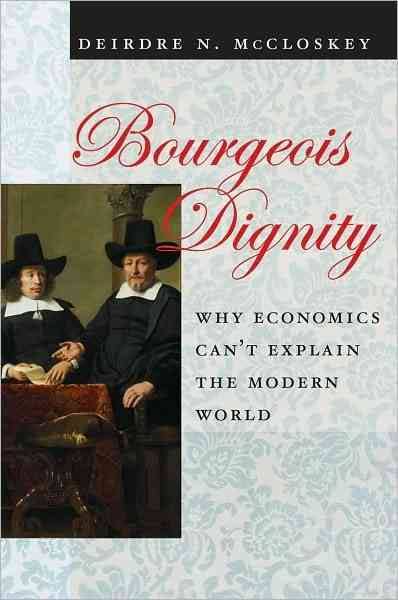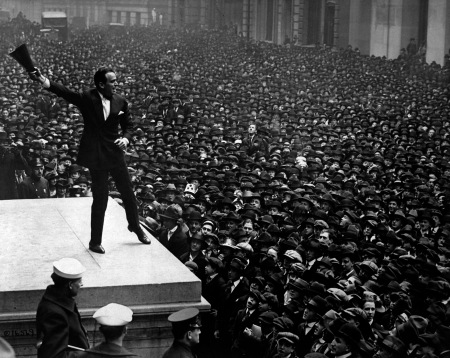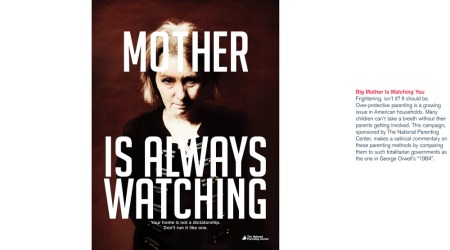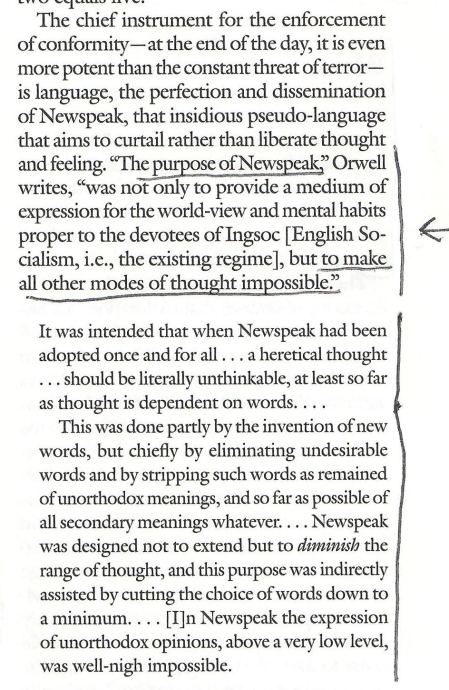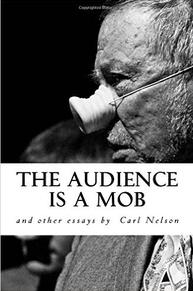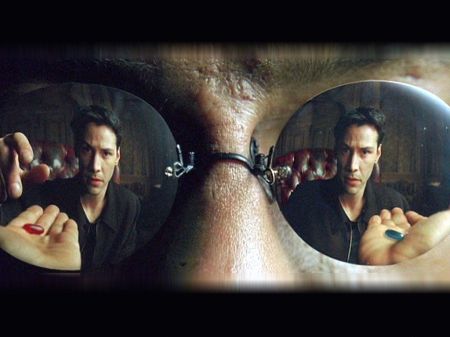Styriaxis
(making your life more difficult to justify complaining about it)

I have been writing poems about made up words posted on the Internet from the Dictionary of Obscure Sorrows by John Koenig. When my friend, Donn Trenton, heard this, he sent me the above word among others he has invented. Serendipitously, the word ‘Styriaxis’ has provided the bit of grit needed for my oyster like mind to shape a pearl around – one whose nacreous layers of meaning have been searching many years for a nidus around which to condense and harden. (Beautifully, I hope.)
Styriaxis is a word which describes a process of existential enlargement. Styriaxis defines a method or an intellectual ‘machine’ for creating an expanding world of complaint. It is an idea, embodied in a word, whose actions, be they beneficial or not, create a larger and larger playing field for a further action, which would be ‘to complain’. There are many words like this, and not just words but aggregations of meaning which act the same, which have been fascinating me for some time. They are thoughts which perform as generators of existence.
For example, take the county/folk singer John Denver. He sings in a lovely, clear, tenor voice about love and other matters of a mostly lyrical nature in verses that are general positive and suffused with warm feeling for the modest life. But, especially on his Christmas album, the ringing clarity of his voice has the chiming of a struck bell. There is a profound hollowness, an expanding emptiness within each note. This expanding emptiness is covered over by the warm and good wishes of his lyrics as best they are able. Nevertheless, we hear and feel it. The hollowness of his vocal clarity creates a demand for the warm embracing quality of his songs. The two qualities thrive and expand each other.
And it would seem a lot of popular art has incorporated this self-expanding mechanism. As another example, take a simple black box theater where the performance takes place under the klieg lights against a black backdrop. Visually, we are seeing existence portrayed against nihility. The nihility demands life. And the life is dramatized by the nihility is skates across. Put together, the two are an emotional machine for generating and capturing audience interest. Their synergy is compelling.
Most of art criticism, to my mind, is of the surface exhibition and not enough of the nihilism which underscores it. I would think that the artistic evocation of this nihilism would be as important a contributor to the total power of the aesthetic experience (and perhaps moreso) that the surface exhibition itself. As examples of artists who might excel at the creation of the nihilism of the background and who are balanced otherwise, I would suggest the sculptor Giacometti and the playwright Beckett. (Though here, I would have to say, my thinking remains ‘unfinished’.)
Which brings me to politics. These ‘existential generators’ do not exist I think only in the art world. I would hypothesize that they are everywhere, and perhaps more are being created as we speak. In fact, perhaps these ‘existential generators’ are the precursors of our conscious existence. Perhaps they create the stage on which we play out our lives. Perhaps, perhaps, perhaps. But they certainly exist in politics.
Reality is like a rock; it neither knows that we exist nor that it exists. (Okay, this is my guess.) A rock pretty well describes the nihilistic backdrop to all life as described by a materialist. If we were to compare Socialism to a John Denver song, the materialism of their outlook would be the ringing silver bell of his voice. Socialistic dogma would be the warm suffusing lyrical melody and lyrics. “Isn’t it lovely to think so,” as one of Hemingway’s characters once said of another character’s hopes near the final page of “The Sun Also Rises” – a finally bleak, barren narrative. The blindness of the lyrics to the realities of the sound leads to bad outcomes – which in turn accentuate the nihilism of the background demanding an accentuating of the foreground, and vice versa, ad nauseum. The existential expansion occurs. Socialism can generate its own popularity. So can a Hemingway tale. So can a John Denver song. So can Donald Trump.
Contrast socialism with capitalism and free markets, whose goal is to fulfill the need. By fulfilling needs, the free market decreases the volume of the nihilism or the vividness of reality, and in turn requires less of itself. It is a machine which naturally disintegrates audience. It is a machine which gradually begins to look unnecessary. Humans are problem solving creatures. Left without problems to solve they suffer cultural collapse. Socialism creates problems and brings about cultural hardening. Free enterprise eliminates problems and creates cultural softening. This pretty much brings us to the political state we are in today.
The genius of Donald Trump’s nature is that it reverses the background and foreground. His foreground is the authoritarian, ignorant, undisciplined, bellicose, impolitic and bullying personality which forms the background of the Socialist aesthetic. His antics – narcissistic as a rock – absolutely rivet his opposition’s attention. Meanwhile, his background employs the capitalistic/business principles he wishes to advance and in which his backers believe – and which actually does make things better. Trump’s existential expansion wraps up Socialism’s existential expansion in bravura antics and twitter feeds. His paper wraps their rock – and gains him the election. His capitalistic/business principles will cap his administration’s successes. My take.
If you enjoyed this post, you may try more of Carl Nelson found here: http://www.magicbeanbooks.co/home.html
